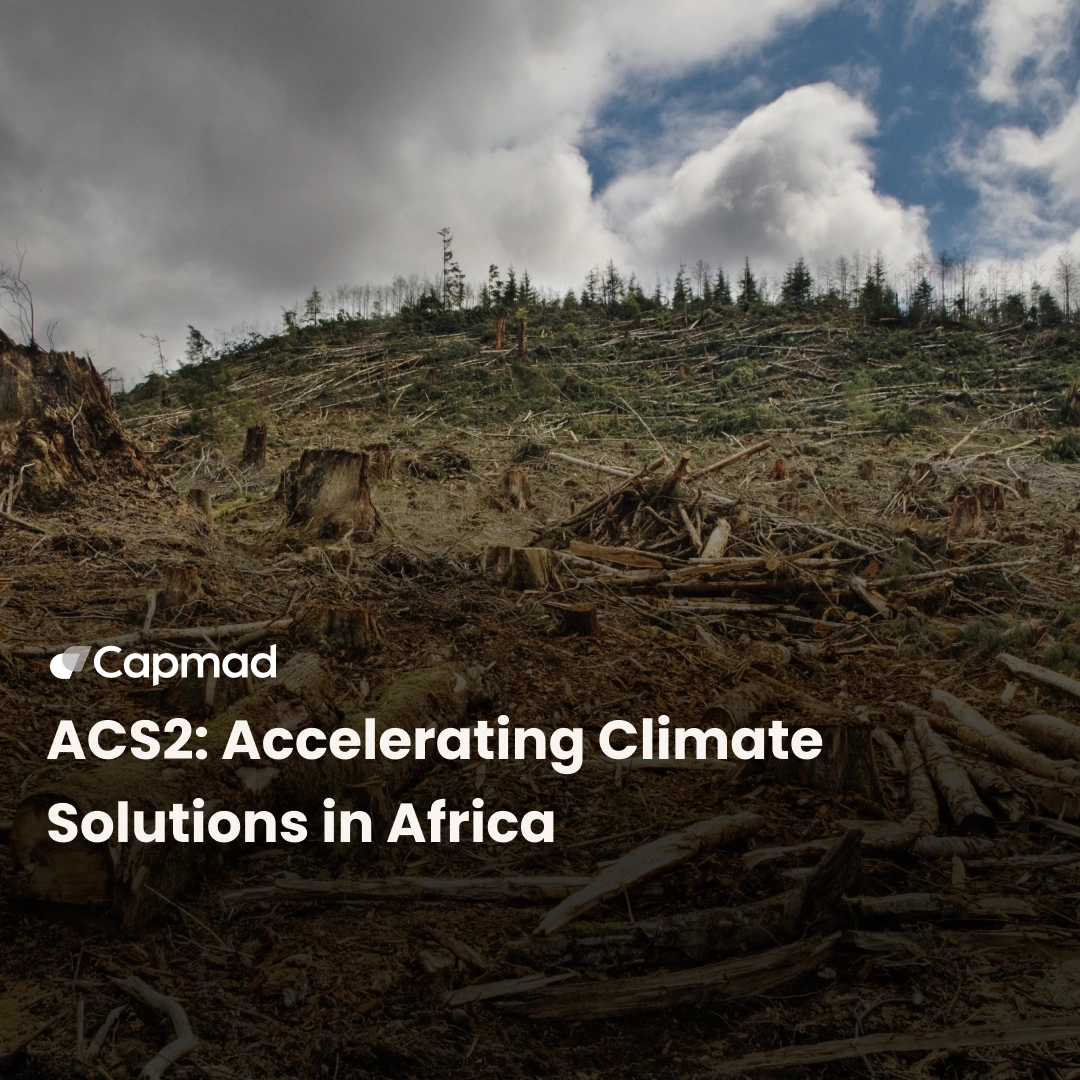Mauritius’ Exclusive Economic Zone (EEZ) spans approximately 2.3 million km², ranking as the 20th largest maritime area globally. In recent years, the island nation has undertaken numerous initiatives to harness this vast territorial sea resource, thereby increasing the benefits of investing in Mauritius.
Mauritius’ focus on the blue economy for a decade
Since 2013, Mauritius has embarked on a strategic roadmap for its ocean economy, called the blue economy. This initiative extends beyond coastal tourism, catalyzing various economic sectors, including real estate investment in Mauritius.
As a Small Island Developing States (SIDS) member, Mauritius is committed to developing its ocean economy. Its roadmap aims to unlock the potential of Mauritius’ EEZ through the integration of new development zones with existing sectors, including:
- Tourism
- Maritime ports
- Seafood processing and fishing
Exploring new avenues of growth
Mauritius’ blue economy is expanding to encompass new sectors such as marine biotechnology, aquaculture, and renewable energies. In addition to tourism, traditional sectors like seafood processing, fishing, and maritime ports contribute approximately 10 % to the country’s GDP and employ nearly 7,000 individuals.
Aligned with Mauritius’ ocean economy roadmap, over 6 billion rupees (129 million USD) have been allocated for the modernization and expansion of Port Louis, the country’s primary port. Ongoing projects include the construction of a new island port to accommodate an anticipated increase in container traffic of up to 1 million 20-foot containers annually.
Furthermore, an intelligent port system is under development to enhance port productivity and optimize infrastructure utilization. Plans are also underway for a modern cruise terminal, presenting investment opportunities in Mauritius. These initiatives require additional funding of over 700 million USD, advancing Mauritius’ ambition to emerge as a leading regional maritime hub.
Unlocking the potential of deep ocean waters
Mauritius is pioneering the utilization of deep ocean waters. Spearheaded by the private sector, a burgeoning blue economy project aims to provide eco-cooling to numerous public and private buildings in downtown Port Louis. This million-dollar initiative is projected to deliver energy savings of up to 26 MW, bolstering Mauritius’ economic development.
Mauritius collaborating with Africa to strengthen the ocean economy
The oceans cover 70 % of the planet’s surface, which is crucial in maintaining life. They generate approximately half of the oxygen we breathe, absorbing around 25 % of the world’s CO2 emissions. As a vital industry, the oceans rank as the seventh-largest global contributor to economic activity. Moreover, over 3 billion people rely on ocean fish and crustaceans for their livelihoods or as a primary food source.
Mauritius boasts a robust blue economy, yet specific sectors require additional investments and attention to realize their full potential. The pillars of Mauritius’ blue economy encompass:
- Fishing
- Aquaculture
- Port infrastructure
- Maritime transport
- Construction
- Ship repair
- Salt harvesting
- Tourism and leisure
Stakeholders within these sectors are committed to developing world-class offerings, and the government aims to augment their contribution to GDP by fostering sustainability throughout the value chain.
Challenges and opportunities in leveraging Africa’s ocean economy
Mauritian stakeholders investing in the seafood sector on the African continent are confronted with numerous challenges. Business on the continent entails navigating through various hurdles, including inadequate port infrastructure, prohibitive import and export costs, high intra-African transport expenses, maritime insecurity and piracy, illegal, unreported, unregulated fishing, and a relatively small fleet of African vessels. Furthermore, there needs to be more internal frameworks to support investment.
One of Africa’s greatest assets is its youthful population. With an estimated 200 million young people, they will play a pivotal role in driving the continent’s economic resurgence over the next 15 years. The ocean presents many commercial opportunities, and young people require a supportive framework to capitalize on these prospects. By harnessing the potential of African youth and effectively leveraging the opportunities presented by the oceans, unemployment challenges can be addressed, wealth creation can be facilitated, and Africa’s position in the blue industry can be strengthened in the long term.
Key catalysts for the ocean economy
Action is imperative, with two fundamental catalysts: policy changes and capital.
Policy change
Improvements in governance structures are essential, including establishing a regional framework for the blue economy. Mauritius must extend its focus beyond its territorial waters, leverage its membership in regional communities, and robust diplomatic ties with African nations. This approach will enable the influence of policy changes and advocacy for a comprehensive governance framework conducive to sustainable blue economy development.
Essential capital for the blue economy
Regarding capital, sustainable finance holds the potential to reverse the current trajectory. Although relatively new, the issuance of blue bonds serves as a valuable tool for raising capital from investors to fund marine and ocean projects with positive environmental, economic, and climate benefits. Notably, blue bonds can mirror the impact of green bonds, which have injected 1 trillion USD since their inaugural issuance in 2007.
Moreover, the Republic of Seychelles made history in October 2018 by issuing the world’s first sovereign blue bond. The proceeds were allocated to finance ocean-based projects, enhance marine resource protection, and foster the development of Seychelles’ blue economy, particularly during its transition to a more sustainable fishing industry.
Mauritius: Major player in unlocking Africa’s blue economy potential
Ultimately, Mauritius aims to emulate the role of Singapore in Southeast Asia for mainland Africa. Mauritian companies are spearheading efforts to support Africa’s agricultural and financial services sectors, facilitating the economy’s transformation into a gateway for Africa.
However, Mauritius possesses untapped potential to bolster Africa’s economic growth further. Key initiatives include :
- Transferring knowledge and skills to Africa.
- Advocating for policy changes.
- Harnessing the financial services sector to fund projects.
- Facilitating capital flows to foster a thriving blue economy.
Hence, this presents an unparalleled opportunity for Mauritius to lead by example sustainably. Mauritius must rise to the occasion, utilizing all available resources to make a significant impact.








